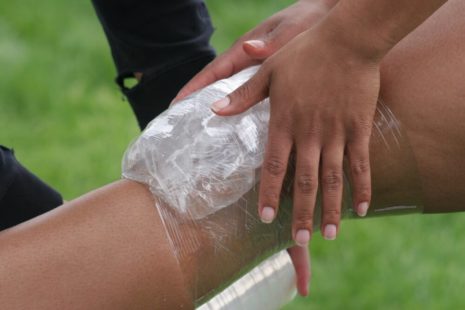Lying down can be helpful for some individuals experiencing hip pain, as it can allow the hip joint to rest and reduce pressure on the affected area. The effectiveness of lying down for hip pain relief depends on the underlying cause of the pain and the individual’s specific condition.
Here are some ways lying down can be beneficial for hip pain
- Rest and Relief – Lying down provides an opportunity for the hip joint to rest, which can be particularly beneficial if the pain is due to overuse or strain.
- Reduced Weight-Bearing – When lying down, the weight on the hip joint is minimized, which can help reduce pressure on the joint and surrounding structures.
- Proper Alignment – Lying down with proper support and alignment can help maintain the natural curvature of the spine and may alleviate some hip pain caused by poor posture.
- Muscle Relaxation – Lying down can allow the muscles around the hip joint to relax, which may reduce tension and discomfort.
- Elevation – Placing a pillow under the knees when lying down can slightly elevate the legs, which can aid in reducing swelling and fluid retention in the hip area.
While lying down can offer relief for some individuals with hip pain, it’s vital to consider other factors that can influence pain, such as the specific cause of the hip pain, individual preferences, and any underlying medical conditions.
If lying down worsens your hip pain or if you experience persistent or severe hip pain, it’s crucial to consult with a healthcare professional or a physical therapist. They can properly evaluate your condition, determine the cause of your hip pain, and recommend appropriate treatments and exercises to address the issue effectively.
Some individuals may find that specific sleep positions or using additional supports, such as a body pillow or wedge pillow, can further improve hip pain relief and comfort during rest. Again, consulting with a healthcare professional can provide personalized advice and recommendations based on your unique needs and conditions.




